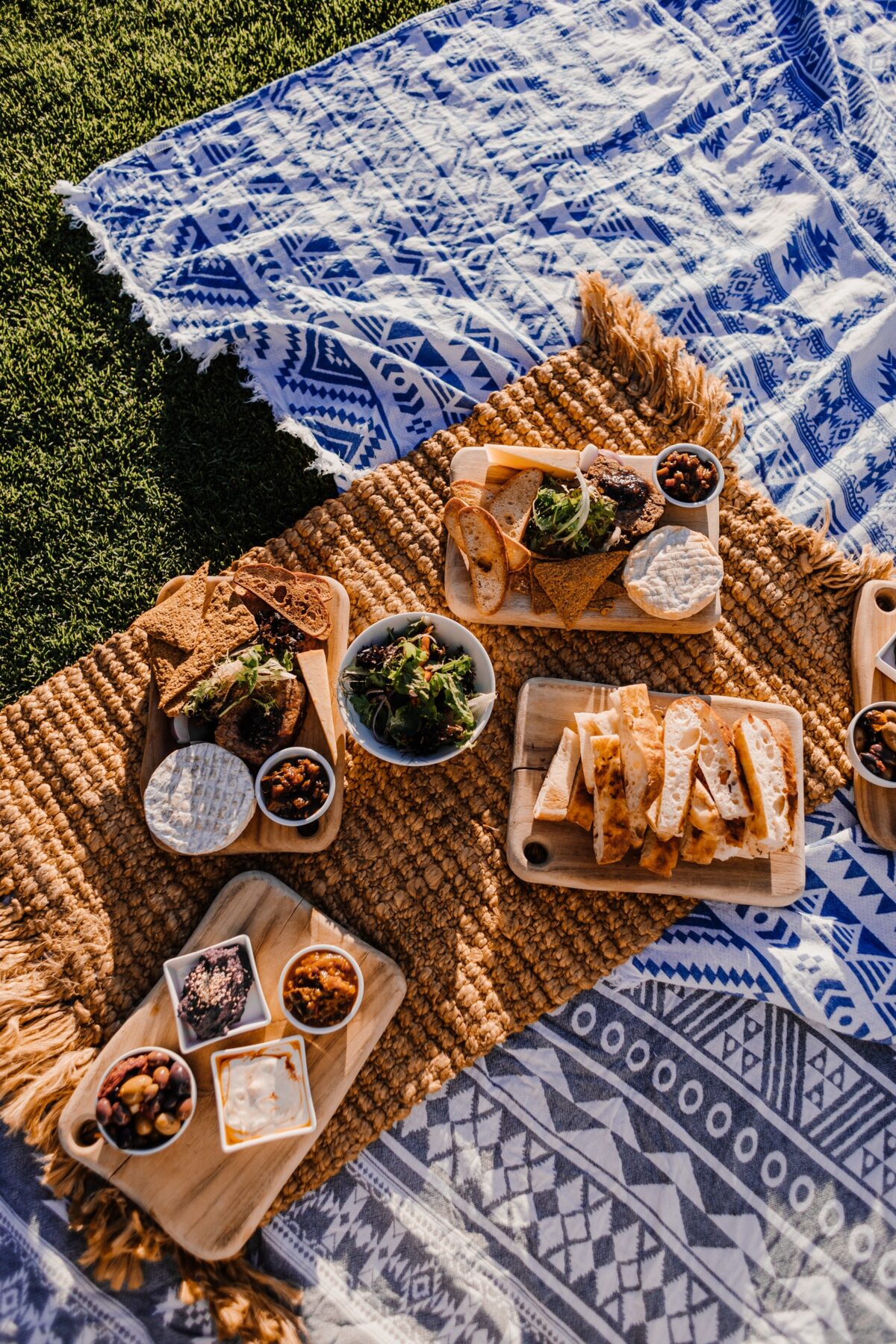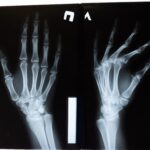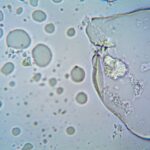Picnic Food: How To Store It And What To Watch For If You Get Food Poisoning

Nothing spoils a picnic and gets your hosting privileges rescinded like someone getting sick from eating the yummy meals you prepared for the occasion.
Knowing how to prep and handle your picnic food safely can save you and your guests from contracting a foodborne illness. It’s also important to learn how to manage a case of food poisoning if you or your loved ones accidentally consume contaminated food. This article will cover both of these topics.
Why Picnic Food Can Give You Food Poisoning
Any food that isn’t properly stored at a safe temperature can be a breeding ground for bacteria, which means that you can get food poisoning at any time of the year. However, picnic food is more susceptible to contamination because picnics are usually held in hot weather, which is more conducive to bacterial growth.
When it’s 90 degrees or hotter outside, perishable foods take one hour to begin to go bad unless they are kept cool until they are ready to be eaten. The fun and excitement of being outdoors coupled with the makeshift kitchen environment can also prevent you from cooking foods like meat, fish, and eggs properly.
When this happens, harmful bacteria like Salmonella, Campylobacter, and E.coli can grow in undercooked food, resulting in food poisoning when ingested.
Failing to wash your hands, utensils, plates, or cutting boards before and after handling raw meat, poultry, and seafood before preparing or serving food can lead to cross-contamination. This means that any bacteria present in the raw food can spread to your other picnic food and infect you with diseases.
What To Do If You Get Food Poisoning
If you start experiencing symptoms like nausea, vomiting, diarrhea, stomach cramps, headaches, a fever, blood in your stool, or muscle and joint aches shortly after eating, it might indicate that you have food poisoning. Although it’s rare, food poisoning can also cause weakness, tingling, and blurry or double vision.
In most cases, people recover from food poisoning without the need for medical intervention. However, you should see a doctor right away if:
- You are pregnant or a new mother.
- You are over 60 years old.
- You think a young child has food poisoning.
- You have a weakened immune system.
- You have a long-term underlying condition like kidney disease, diabetes, heart valve disease, or Inflammatory Bowel Disease (IBD)
- You are severely dehydrated, or you think you got food poisoning from wild mushrooms or seafood.
- You develop persistent high fever, serious stomach aches, and prolonged or bloody vomiting or diarrhea.
- Your symptoms show no signs of improvement after three days.
Food Poisoning Treatments
Food poisoning can range from mild and uncomfortable symptoms to severe illness that requires medical treatment and hospitalization. Treatment usually depends on the severity of your symptoms and the pathogen responsible for the illness.
Here are some of the ways you can manage, alleviate, and treat food poisoning:
- Use antibiotics, anti-diarrhea, or anti-nausea medications as prescribed by your doctor.
- Drink lots of water, electrolytes, or an oral rehydration solution (start with small sips to avoid vomiting) to replace the fluids you lost through vomiting or diarrhea.
- Avoid eating solid foods until nausea or vomiting passes, then slowly reawaken your appetite by eating light and bland foods like crackers, rice, plain toast, fruits, and plain mashed potatoes.
- Avoid caffeine, nicotine, alcohol, dairy products, and sugary, spicy, fatty, fried, or highly seasoned food.
- Get plenty of rest and avoid strenuous activities.
How To Keep Picnic Food Safe
Taking these food safety precautions when preparing and storing your picnic food can stop you from consuming contaminated food:
Bring Separate Utensils For Slicing and Preparing Food
Always pack different utensils for your raw foods and your cooked meat and foods to avoid cross-contamination. When you’re done cooking, wash any utensils that come in contact with raw eggs, meat, poultry, and seafood with hot or warm water and antibacterial soap. Or pack them in a separate bag or box if you’re postponing cleaning until you get home.
Clean Your Hands
Always wash your hands with soap and water for at least 20 seconds before, during, and after preparing food and before you eat. If you don’t have access to clean water and soap, you can use an alcohol-based (60% alcohol or higher) hand sanitizer to get rid of germs on your hands.
Separate Foods
To prevent bacteria from raw meat, poultry, and seafood from contaminating other foods that are ready to be eaten, always pack and store them separately. Wrap your raw meats in plastic bags or keep them in sealed containers before placing them in your picnic basket so their juices don’t get on other foods.
Chill Perishable Food
When transporting perishable foods to your picnic site, store them in an insulated cooler full of ice or frozen gel packs to keep them from going bad. Wait until you are ready to leave home before packing the cooler so your cold foods can stay chilled and fresh for longer. You may also want to cook food that spoils quickly in advance.
Keep the cooler in an air-conditioned part of your vehicle instead of in the hot trunk. And once you get to the picnic ground, keep your coolers under a shade and away from direct sunlight to keep perishable foods cool.
Use a Food Thermometer
Food is safe to eat when the internal temperature of the food gets high enough to destroy any germs present in it. The only way to correctly tell whether your food has cooked properly to this point is by using a meat thermometer to measure the internal temperature.
Here are the ideal and safe internal temperatures for various cooked foods:
- 145°F for whole cuts of beef, lamb, veal, pork, and seafood (let it rest for three minutes before carving or eating)
- 145°F for fish with fins
- 160°F for ground meat like beef and pork
- 165°F for all poultry, including ground turkey and chicken
- 165° for cooked casseroles, leftovers, and microwaved food
The Bottom Line on Picnic Food and Food Poisoning
While most cases of food poisoning aren’t life-threatening, they can still be very debilitating and unpleasant to deal with. You need to take extra care when handling food to ensure that you don’t inadvertently infect yourself and others with foodborne diseases.
And if you suspect that you have food poisoning and your symptoms don’t start to lessen after a few days, don’t hesitate to reach out to your doctor for help.
Sources:




